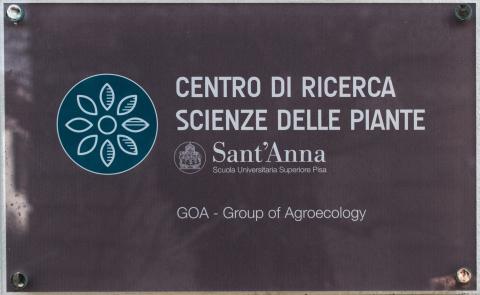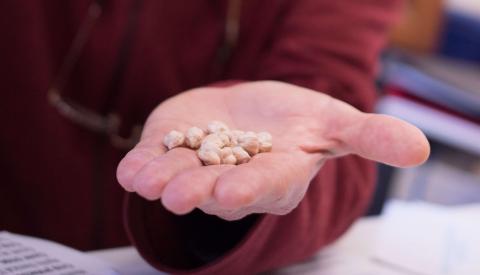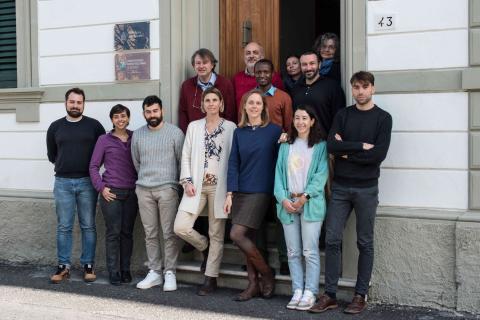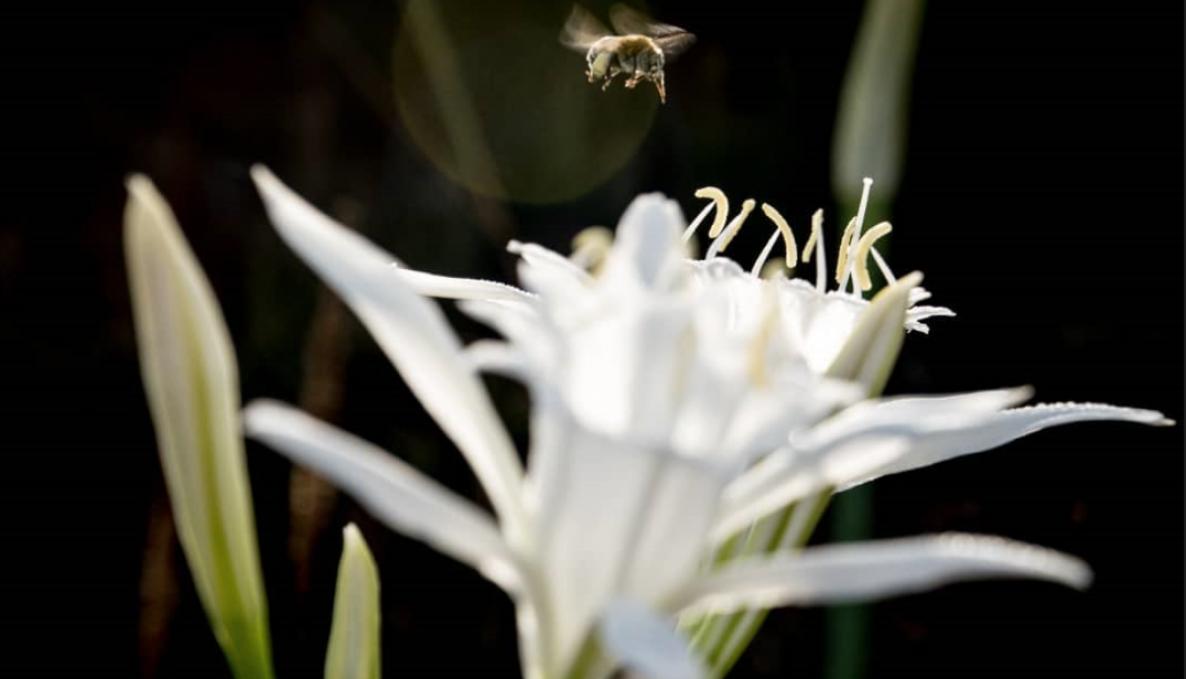Agroecology, for the first time science also confirms large-scale socioeconomic benefits: from study by Sant'Anna School and Isara of Lyon data on the positive impact of this emerging approach for sustainable agriculture and food systems
The study was funded by the European Commission's Joint Research Center (JRC) and its Knowledge Center for Global Food Security and Nutrition. The paper was published in the scientific journal "Agronomy for Sustainable Development", one of the world's leading journals in this field
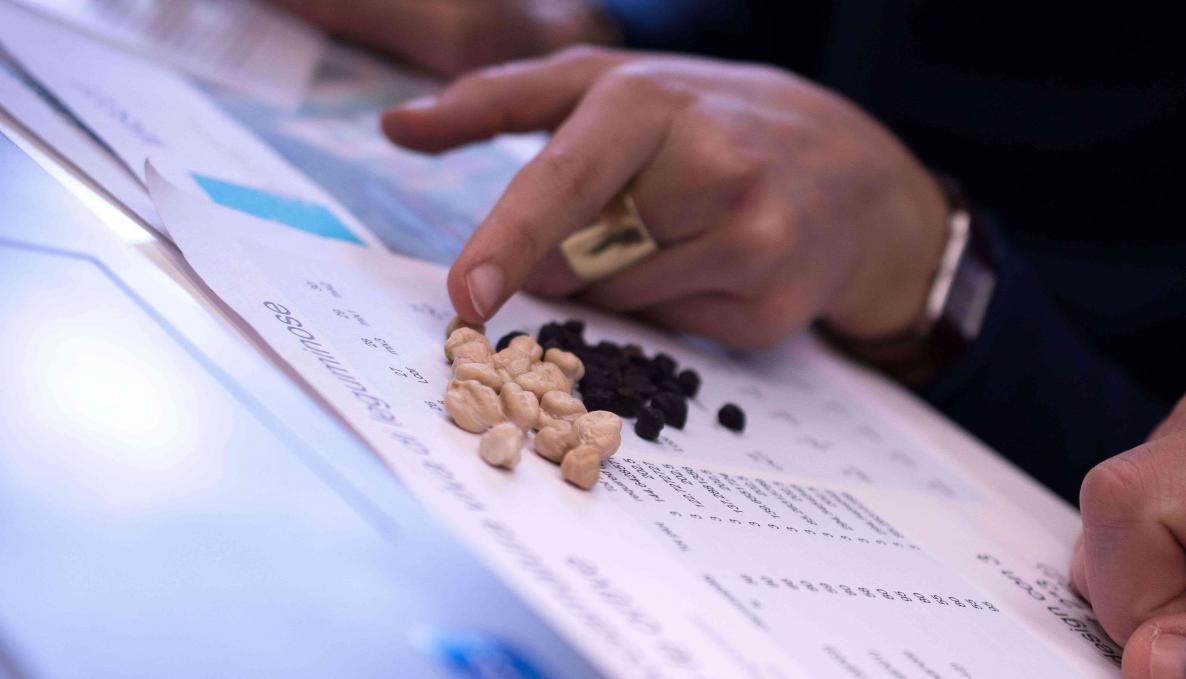
A novel study consolidates, for the first time, evidence on the varied socio-economic outcomes of the implementation of agroecological practices across a large number of cases at a global level. The study, led by the Sant’Anna School and ISARA-Lyon (France), and funded by the European Commission Joint Research Centre and its Knowledge Centre for global food and Nutrition Security, provides a global and inclusive understanding of the socio-economic performance of agroecology - an emerging paradigm for sustainable agriculture and food systems based on diversified cropping and farming systems and a strong reduction of external inputs like synthetic fertilisers and pesticides. The study has been published in "Agronomy for Sustainable Development", a world-leading journal in this sector.
The large-scale study scrutinized over 13,000 publications, from which 80 articles published between 2000 and 2022 were selected as providing sound scientific evidence on the socio-economic outcomes of agroecology across various metrics such as income, labour, and production costs.
The study clearly demonstrates the viability of agroecology from a socio-economic perspective. “In 51% of cases, we identified favourable outcomes on income, productivity and efficiency. However, challenges remain regarding labour requirements and costs, calling for appropriate policies to support agroecological endeavours”, says ISARA scientist and study lead author Ioanna Mouratiadou.
The assessment also highlights that socio-economic outcomes depend on factors such as geographical environment, temporal scale for transition, or farming conditions. Most notable results were derived from studies in the Global South and in systems utilizing agroforestry, intercropping, and no or reduced tillage as agroecological practices.
This study, of wide interest to policy makers and farming professionals, addresses the lack of consolidated scientific evidence on the topic. It provides new insights to further support the agroecological transition, urgently needed to establish truly sustainable agricultural and food systems from the local to the global scale. According to Paolo Bàrberi, senior author of the study for Sant'Anna School, “this study demonstrates that the ongoing farmers’ protests spread across Europe, although expressing a real discontent, are directed towards the wrong target. The agroecological transition, supported by the European Union’s Green Deal, can actually improve farmers’ income. Farmers and their Unions should then embrace the transition without fear, knowing that it will bring benefits for them, the environment, and the society at large”.
The paper is available at the following link: https://link.springer.com/content/pdf/10.1007/s13593-024-00945-9.pdf.

